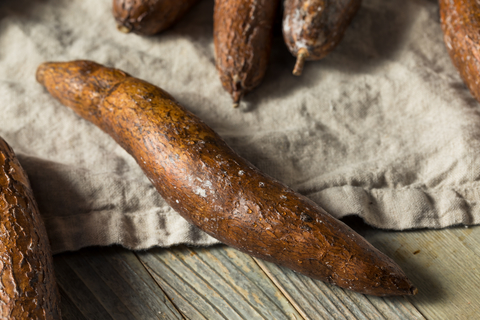Yucca Root

Also known as
Yucca glauca (Eastern) Yucca schidigera (Southern), Yucca brevifolia (Western), Yucca filamentosa (Mexican), Soap-tree, Soapweed, Soapwell, Soap Root, and Adam's Needle.
Introduction
Yucca is a succulent that grows throughout the southern United States. Native American tribes used the leaves of the yucca for treating numerous conditions, including psoriasis, dandruff, hair loss, skin sores and inflammation, including joint inflammation due to rheumatism and arthritis. Tribes of the Southwest use the yucca's leaves to make soaps, shampoos and other hygiene related items, including dental floss. In northern New Mexico, healers use a tea brewed from yucca leaves to treat asthma and headaches. Current research suggests that the saponins in yucca are a precursor to cortisone, which prevents the release of toxins from the intestines that restrict the growth of cartilage, making yucca useful in treating arthritis and other soft tissue inflammatory diseases.
Constituents
Saponins that are both water and fat soluble
Parts Used
Root
Typical Preparations
Usually in tea, capsules and as an extract.
Summary
Yucca has many uses in the traditional herbal medicine of many Native American tribes. It has been used to treat both rheumatoid and osteoarthritis, a use for which research is providing validation. Even more recently, research suggests that yucca leaf extract may be useful in preventing blood clots.
Precautions
Yucca appears to be safe at present.
This information courtesy of MOUNTAIN ROSE HERBS, with full, written permission for reuse.
For educational purposes only. This information has not been evaluated by the Food and Drug Administration.
This information is not intended to diagnose, treat, cure, or prevent any disease.






